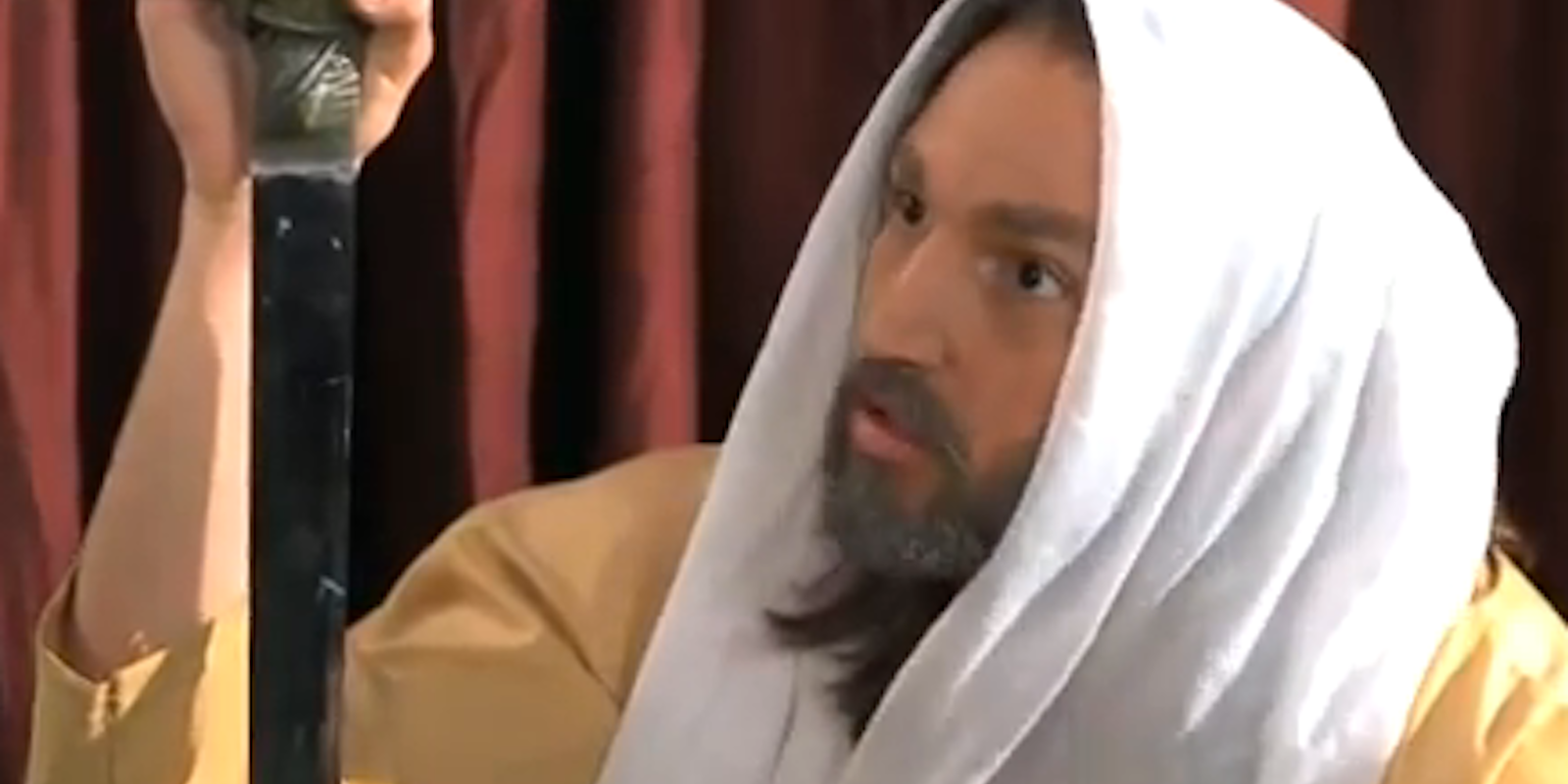Pakistani officials have blocked 20,000 websites, including YouTube, for hosting “objectionable” material, including footage from the anti-Islam film “Innocence of Muslims,” a government worker told the Pakistan Tehrik-i-Insaf (PTI) Monday.
The decision came after Google denied a Pakistani appeal to block the film from YouTube, the video-sharing site it owns, something the massive company has been willing to do with a number of other Middle Eastern nations, including Saudi Arabia, Libya, and Egypt.
“We have blocked 20,000 objectional Web sites and blogs since the blasphemous film surfaced on the Internet,” the anonymous official told PTI. “The PTA (Pakistan Telecommunication Authority) has not only blocked Web sites featuring the anti-Islam film but thousands of others with objectional material.”
While the official said that many of the blocked sites may receive reinstatement in the near future, he conceded that the Pakistani government is unlikely to lift any YouTube ban in the near future.
“The ban on YouTube will continue as long as it does not remove the blasphemous film,” the official said.
“Pakistan can take no chances on lifting the ban as people are not ready to accept this film.”
“Innocence of Muslims,” the anti-Islam film that paints the prophet Mohammad as both a philanderer and a pedophile, has sparked riots and protests throughout the world for its controversial message.
YouTube has repeatedly denied appeals to have the video taken down, though the video—as well as its hosting site—has been blocked in a number of countries throughout the Middle East.
Pakistan blocked access to the site on Sept. 17, though, at the time, the country made made no suggestion it would block thousands of other sites.
Photo via Sam Bacile/YouTube


